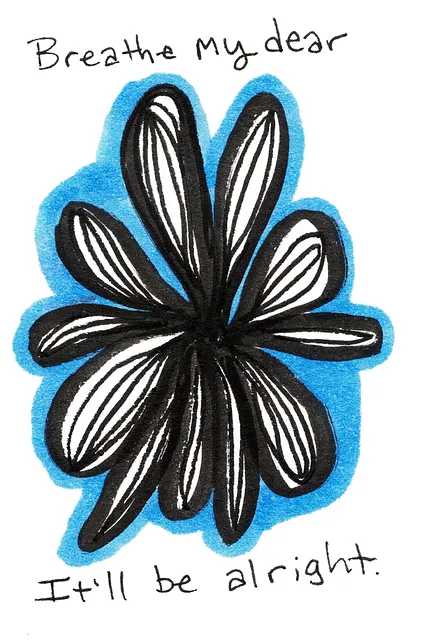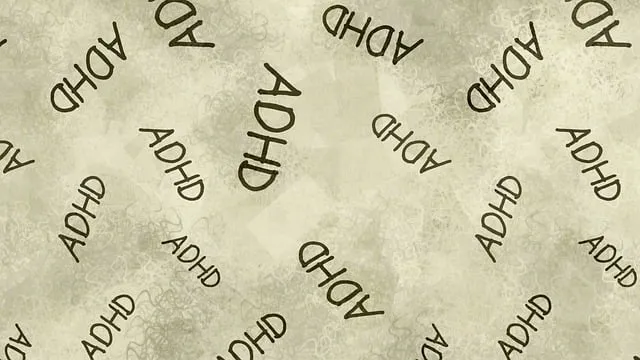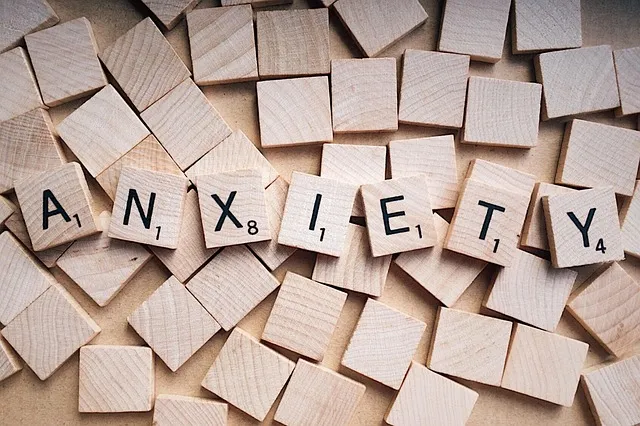Mental illness media representation impacts public understanding and support. Stereotypical portrayals perpetuate misconceptions and stigma. Organizations like Kaiser and Westminster promote accurate, nuanced representations through storytelling, mindfulness meditation, mental wellness coaching, and emotional healing processes. Encouraging open conversations about mental health reduces isolation. Collaborative efforts with creators challenge stereotypes and destigmatize mental illness. Resources like Kaiser in Westminster offer accessible help, emphasizing self-care and tailored services for diverse communities.
In today’s media landscape, accurate representation of mental illness is more crucial than ever. This article explores the challenges and solutions in depicting mental health issues, focusing on initiatives by industry leaders like Kaiser and Westminster. We delve into the harmful effects of stereotypes and misconceptions, and highlight their efforts to promote positive, realistic portrayals. Additionally, we provide accessible resources for those seeking mental health support, emphasizing the importance of informed action. Discover how these organizations are revolutionizing media’s role in fostering understanding and breaking down barriers to help.
- Understanding Mental Illness Representation in Media
- The Impact of Stereotypes and Misconceptions
- Kaiser's Approach to Promoting Positive Portrayals
- Westminster's Initiatives for Accurate Depictions
- Accessible Mental Health Resources: How to Get Help
Understanding Mental Illness Representation in Media

Mental illness representation in media is a complex issue that significantly impacts public understanding and support for those living with mental health challenges. Often, media portrayals fall into stereotypical or simplistic narratives, perpetuating misconceptions and stigma. This can range from dramatic exaggerations to complete absence, leaving audiences with little insight into the reality of these conditions.
At institutions like Kaiser and even in more diverse settings reflected in Westminster, there is a growing recognition of the importance of accurate representation. How to get mental health help effectively involves not just providing resources but also shaping public discourse through storytelling that humanizes experiences. Incorporating elements like mindfulness meditation or exploring Mental Wellness Coaching Programs Development can contribute to more nuanced portrayals. Moreover, highlighting Emotional Healing Processes allows media to showcase recovery and resilience, fostering empathy and reducing the isolation many struggle with.
The Impact of Stereotypes and Misconceptions

The media’s portrayal of mental illness often perpetuates harmful stereotypes and misconceptions, which can significantly impact public understanding and support for those facing such challenges. These stereotypical representations typically depict individuals with mental health issues as violent, unpredictable, or fundamentally broken, failing to capture the complexity and diversity of experiences. Such depictions not only mislead audiences but also contribute to the stigma surrounding mental illness, discouraging affected people from seeking help. For instance, media often portrays individuals with depression or anxiety as utterly helpless, neglecting to show that many successfully manage their conditions through therapy, medication, and self-care routines (like those promoted by organizations like Kaiser).
Challenging these stereotypes is vital to fostering a more supportive environment for mental health awareness. Representing individuals with mental illness in a nuanced light, showcasing their resilience, and highlighting accessible resources, such as the support available at Westminster, can help demystify mental health struggles. Encouraging open conversations about self-care routine development and mental health awareness is a step towards breaking down these barriers. Additionally, risk management planning for mental health professionals, inspired by lessons from media representation, can ensure practitioners are equipped to handle complex cases while providing the best care possible.
Kaiser's Approach to Promoting Positive Portrayals

Westminster and other progressive organizations have been actively challenging negative representations of mental illness in media through Kaiser’s Approach. This initiative focuses on promoting positive portrayals that reflect the diversity of experiences within the mental health community. By encouraging authentic narratives, they aim to reduce the mental illness stigma and foster a culture of understanding and support.
The approach involves collaborating with content creators, filmmakers, and journalists to educate them about the intricacies of mental health struggles. This includes promoting self-care practices as integral parts of healing and recovery, rather than portraying them as mere temporary fixes. By presenting relatable characters with genuine struggles, media platforms can help viewers understand that mental illness is not a rare or shameful condition. Such efforts contribute to building confidence among individuals facing similar challenges, encouraging them to seek mental health help without fear of judgment.
Westminster's Initiatives for Accurate Depictions

Westminster recognizes the significant impact of media representation on public perception of mental health. In response, they’ve initiated several programs aimed at promoting accurate and empathetic portrayals of individuals facing mental illness challenges. These initiatives include collaborations with organizations like Kaiser to provide Crisis Intervention Guidance and offer resources for Stress Reduction Methods. By integrating these strategies into media narratives, Westminster strives to destigmatize mental health issues and encourage viewers to seek appropriate mental wellness journaling exercise guidance when needed. This holistic approach ensures that the audience receives balanced information, fostering a more supportive environment for those grappling with mental health concerns.
Accessible Mental Health Resources: How to Get Help

Mental health struggles are common, and seeking help is a vital step towards recovery. If you’re in Westminster or anywhere else, knowing where to turn for support can be empowering. Kaiser offers accessible mental health resources, providing a range of services tailored to individual needs. Their professional team includes psychiatrists, psychologists, and counselors who offer therapy, medication management, and crisis intervention.
In addition to Kaiser’s services, building cultural sensitivity in mental healthcare practice is essential. This involves ensuring diverse communities feel welcome and understood, addressing language barriers, and incorporating culturally relevant therapeutic approaches. Boosting confidence and preventing burnout among healthcare providers are also crucial aspects of delivering quality care. Strategies like regular self-care practices, supervision, and professional development can help caregivers sustain their well-being while providing the best possible support for those facing mental health challenges.
Mental illness representation in media has come a long way, but there’s still work to be done. By challenging stereotypes and misconceptions through initiatives like those at Westminster and Kaiser, we can foster more accurate and positive portrayals. Remember that media has the power to shape public perception, so it’s crucial to promote diverse and empathetic narratives. For those seeking mental health support, these efforts translate into better access to resources. Explore the accessible mental health resources provided by Kaiser and Westminster, and take the first step towards getting the help you need.






